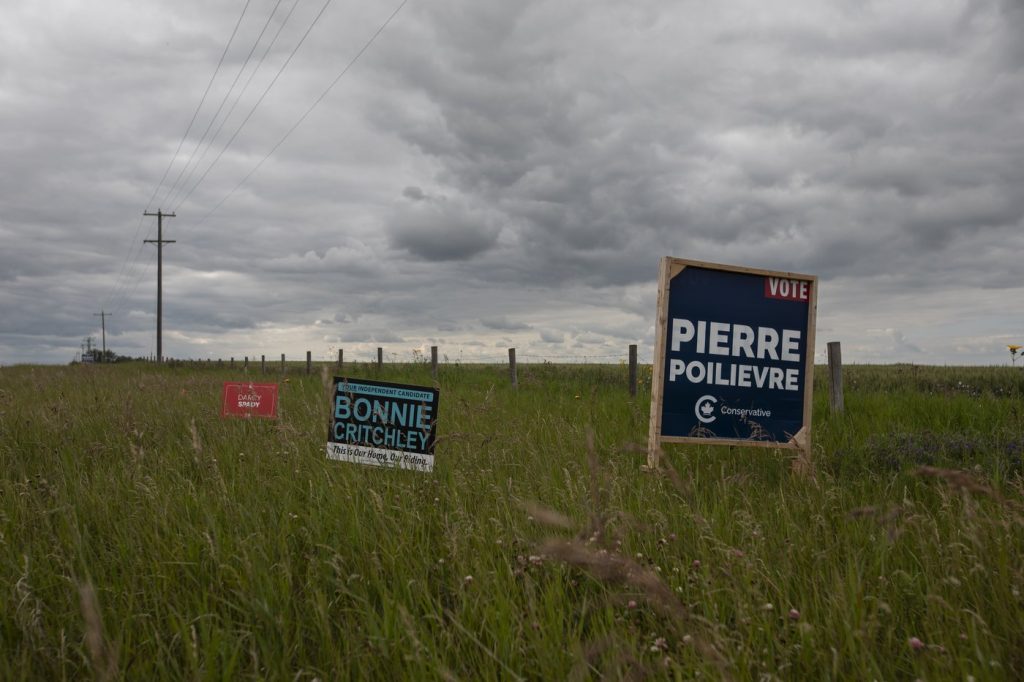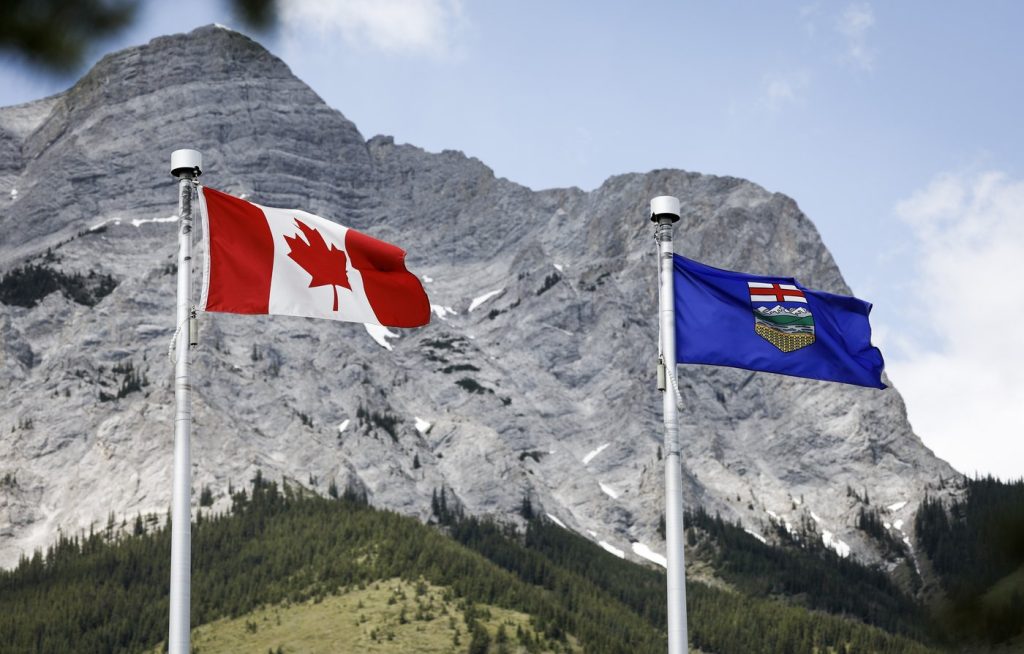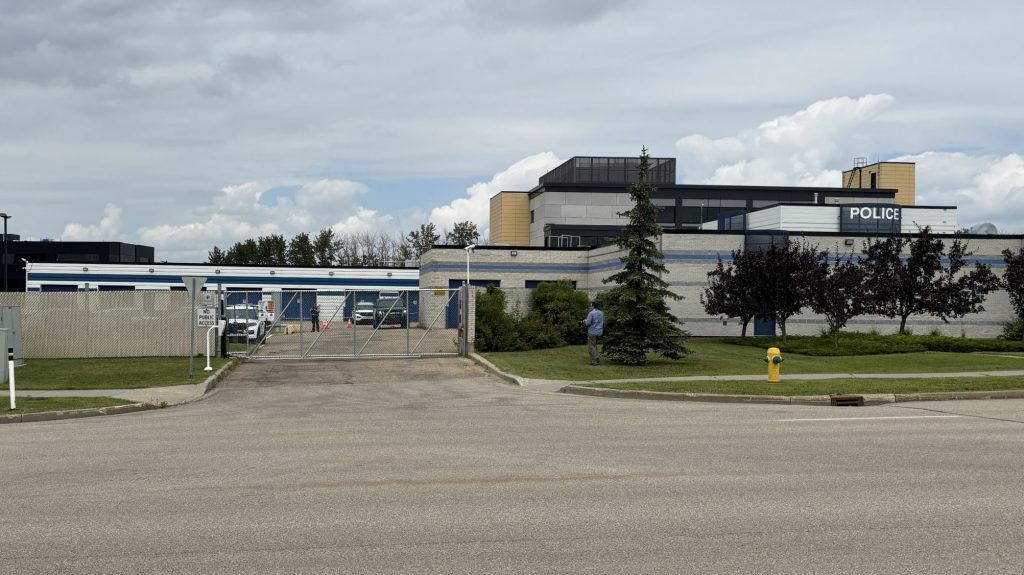Alberta back to black with $3.9B surplus, but many Albertans still in the red: Fiscal update

Posted June 28, 2022 3:41 pm.
The province of Alberta seems to be doing well, but are Albertans better off?
A booming oil and gas industry shows the province recovering with a $3.9 billion surplus, a surprise for a government which anticipated incurring a sizable deficit instead.
In Spring 2021, then Finance Minister Travis Toews expected a $18.2 billion deficit for the year. However, skyrocketing oil and gas prices lead to a record $16.2 billion in non-renewable resource revenues for the province.
It accounts for almost half of the province’s income for the 2021-22 fiscal year which ended March 31.
The previous record for those revenues was $14.3 billion which was collected in 2005/06.
It’s the first time in seven years the province has escaped the red.
The province plans to use $1.3 billion of its surplus to pay down a portion of its debt.
Despite this update, no new announcements were made to help Albertans who were hurt by skyrocketing oil and gas prices or to help deal with inflation.
“What Albertans are facing is a real challenge. It is a serious thing that families are facing all across this province, and something we take it very seriously. Which, again, is why already in the last couple of months we’ve brought $2 billion worth of affordability measures,” Finance Minister Jason Nixon said Tuesday.
Nixon references the government’s suspension of the 13 cent per litre fuel tax along with the electricity and natural gas rebates — which haven’t been handed out yet — several times.
He also suggests providing more relief to Albertans now would increase inflation.
“We are prepared as a government to do more affordability measures in the coming months, and I suspect I’ll have more to say about that in August when we do the Q1 update. Our focus right now is getting the affordability measures out that we have already announced and making sure they’re getting into Albertan’s [pockets] at the moment.”
Nixon credits cutting the fuel tax with lowering the prices of other goods, as supply truck costs have lowered due to paying less for gas and diesel.
He also took a shot at the federal government’s carbon tax, calling on the Liberals to suspend or remove it.
Accounting firm MNP’s consumer Debt Index shows half of Albertans are just $200 a month away from not being able to meet all of their financial obligations.
Meantime, the New Democrats point out this surprise surplus shouldn’t be a credit to the United Conservative government as it is mostly based on supply issues and the war in Ukraine.
READ MORE:
-
One-in-four Canadians struggling financially: Angus Reid
-
With inflation at a 40-year high in Canada, how are Calgarians adapting to the cost of living?
-
Looking at how Canadians, including non-drivers, are paying more due to soaring gas prices
“It is not enough for this government to pat itself on the back and throw itself a party while we see families struggling in a way, they have not in forty years with incredibly oppressive inflationary pressures and massive pressures in our healthcare system, and funding cuts in our education system,” NDP leader Rachel Notley said.
Concordia University economics professor and Calgary resident Moshe Lander agrees with that sentiment.
“The government should not be patting themselves on the back on this, [it’s] good that they have a $3.9B surplus but this is not of their doing, and so they should not be in any way taking credit for this.
They should be saying that global events that have conspired to harm economies, to do damage, that have hurt individuals, that is also the exact same sort of events that [have] conspired to put Alberta in this advantageous position. The $3.9 billion is built on the back of record high oil and gas royalties and that is not of their doing, that is not the Alberta advantage, that’s Russian muckraking in Ukraine.”
Lander says while the surplus is great, the province needs to spend wisely and think about what it’ll do over the next few years when it gets back to a position where it expects a massive deficit like it initially did last year.
Alberta is predicting a $511 million surplus for its current 2022-23 budget year.








